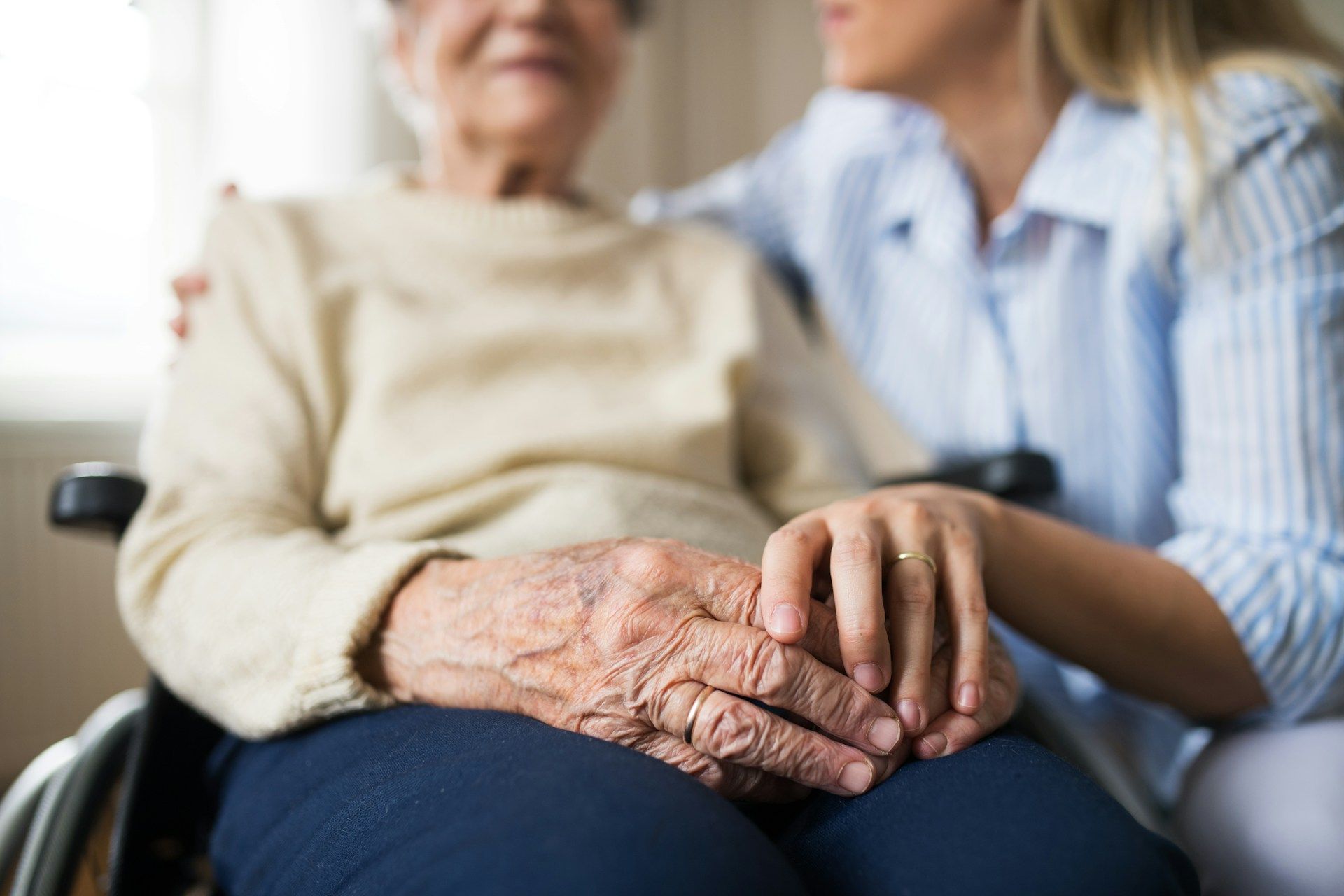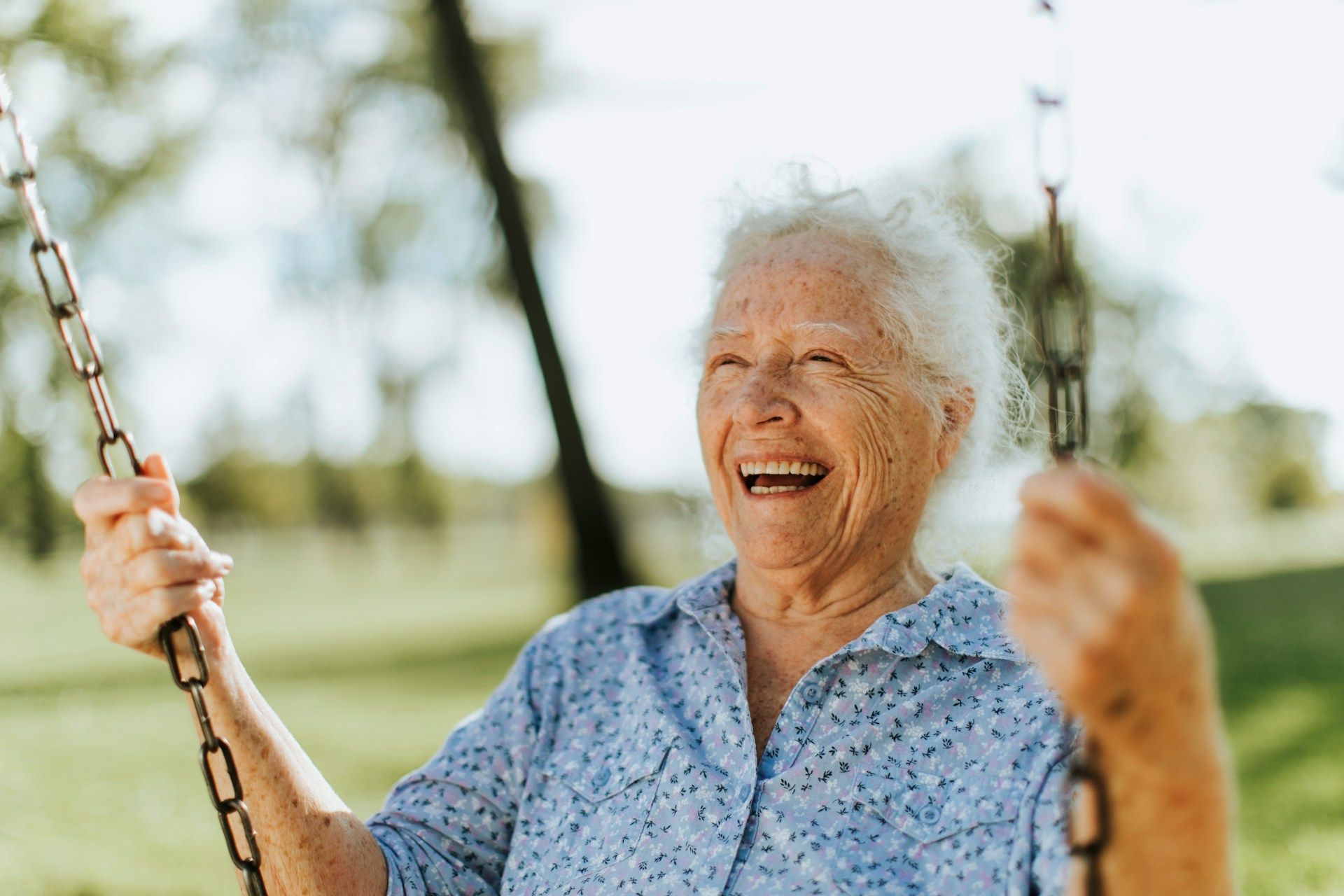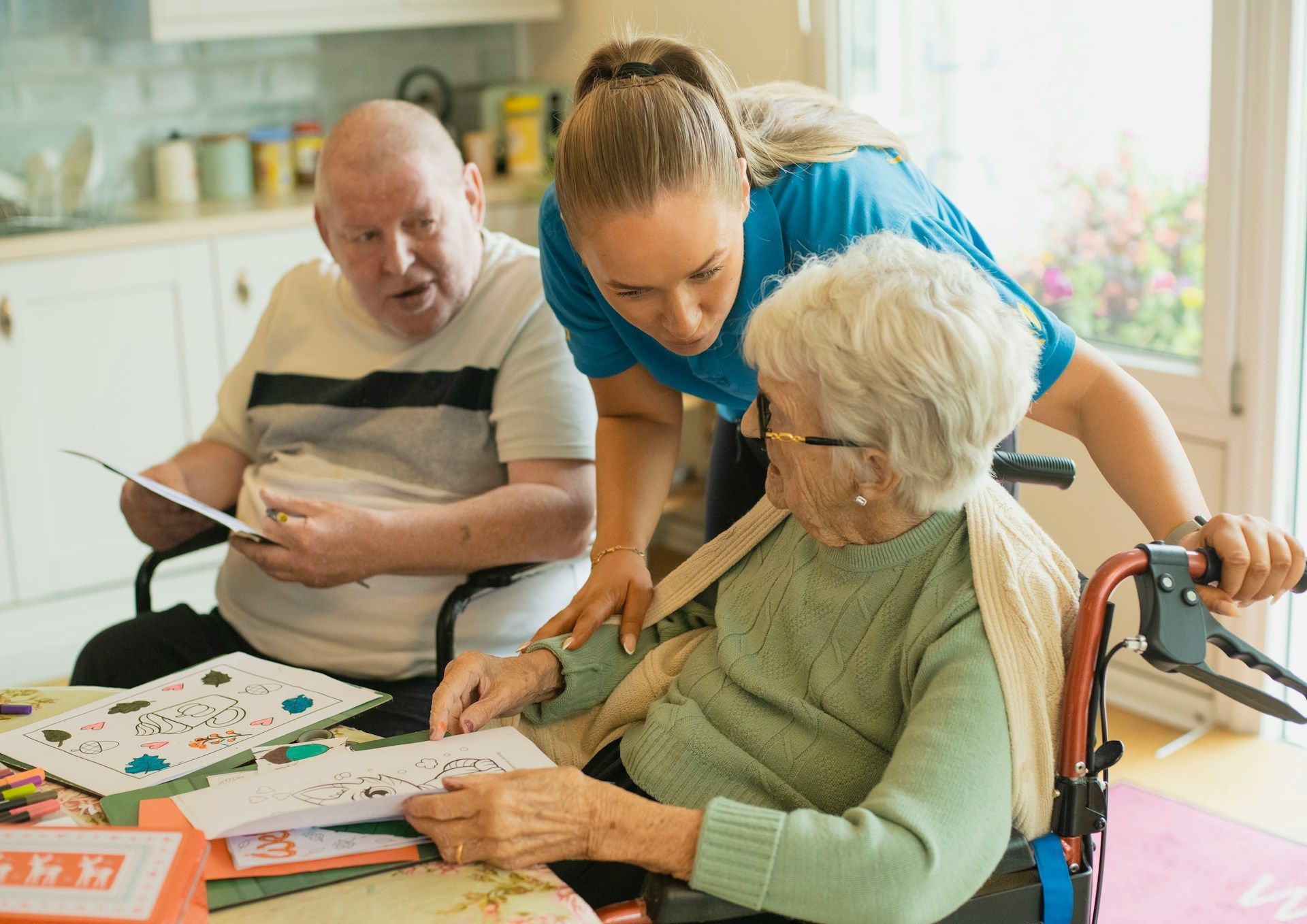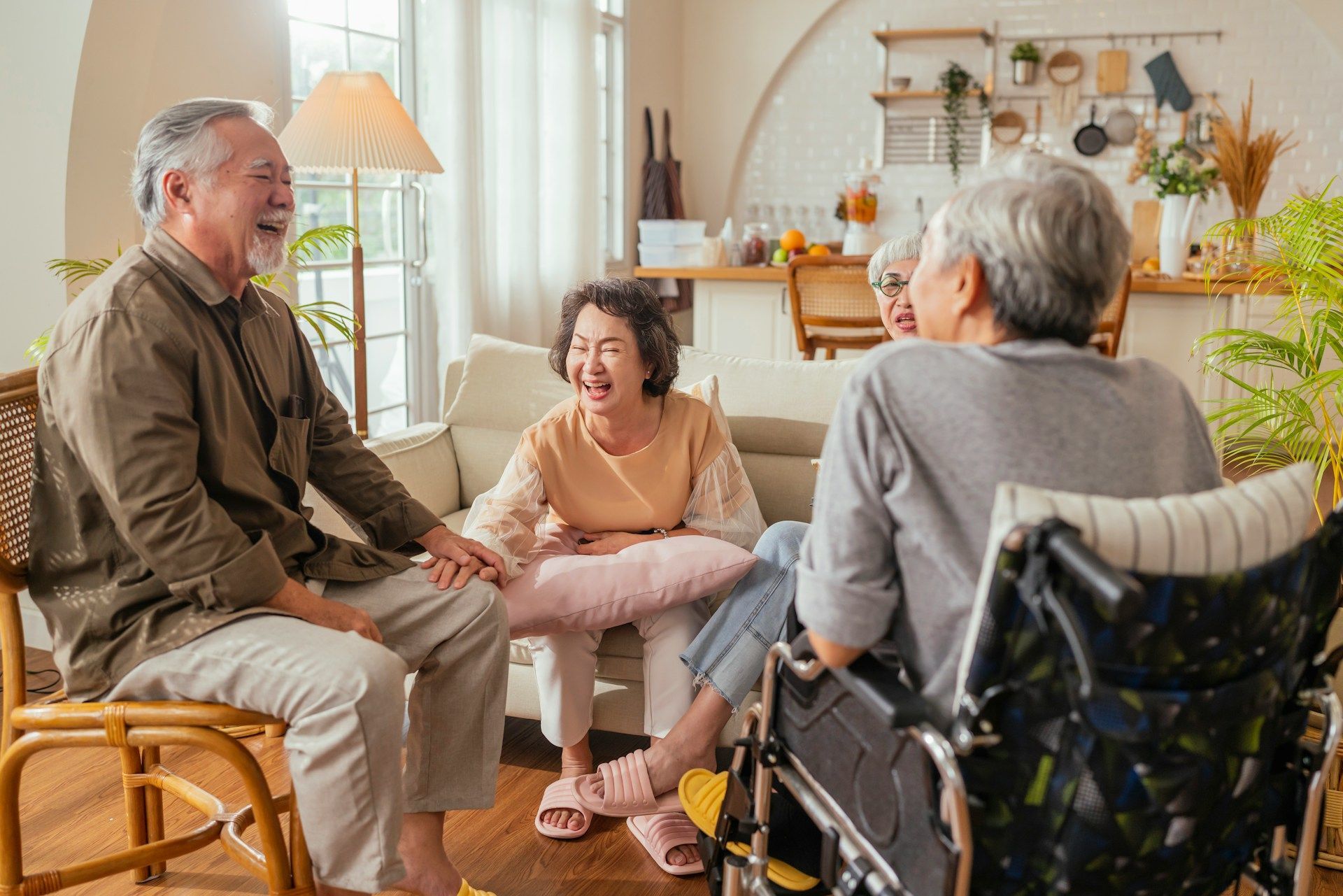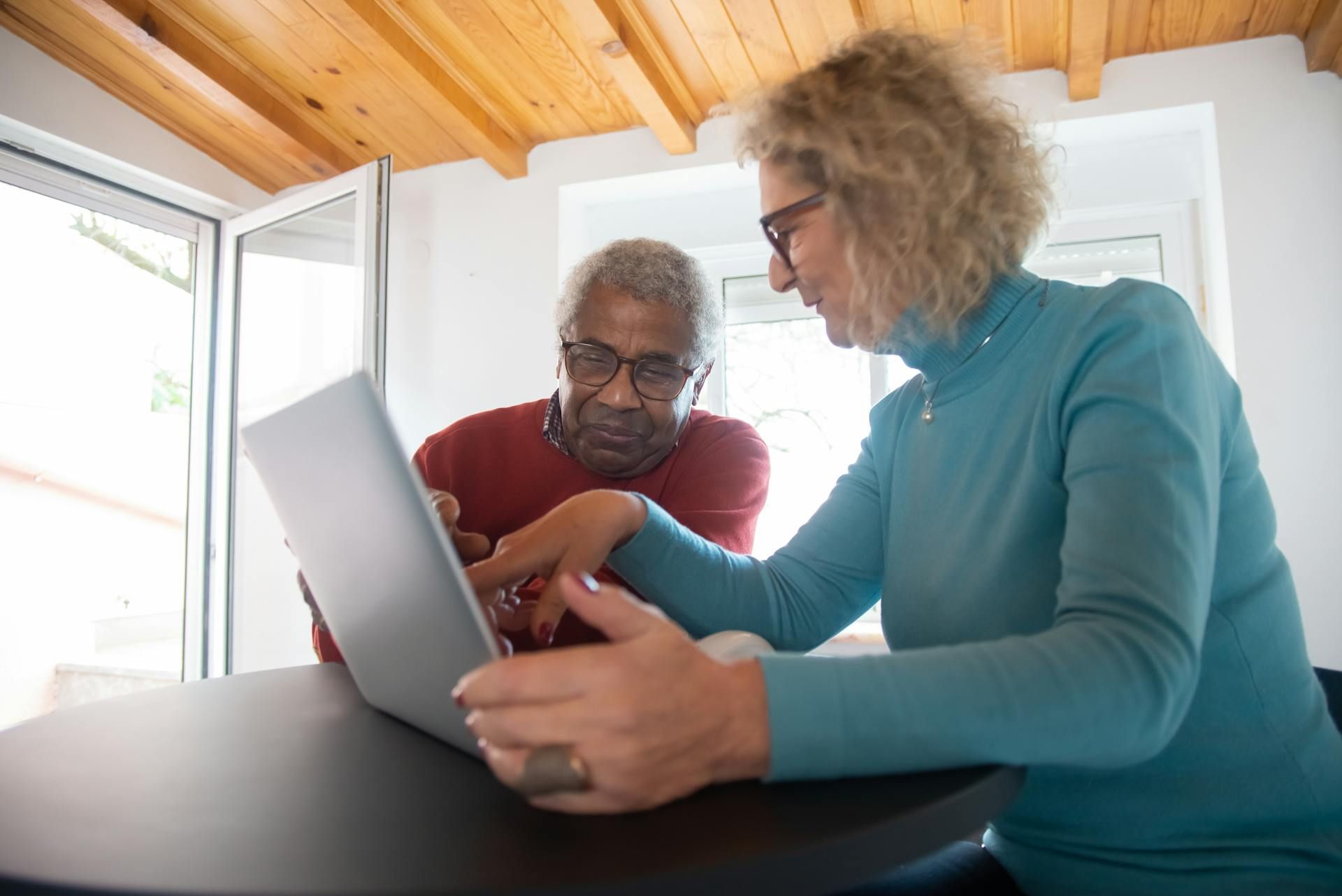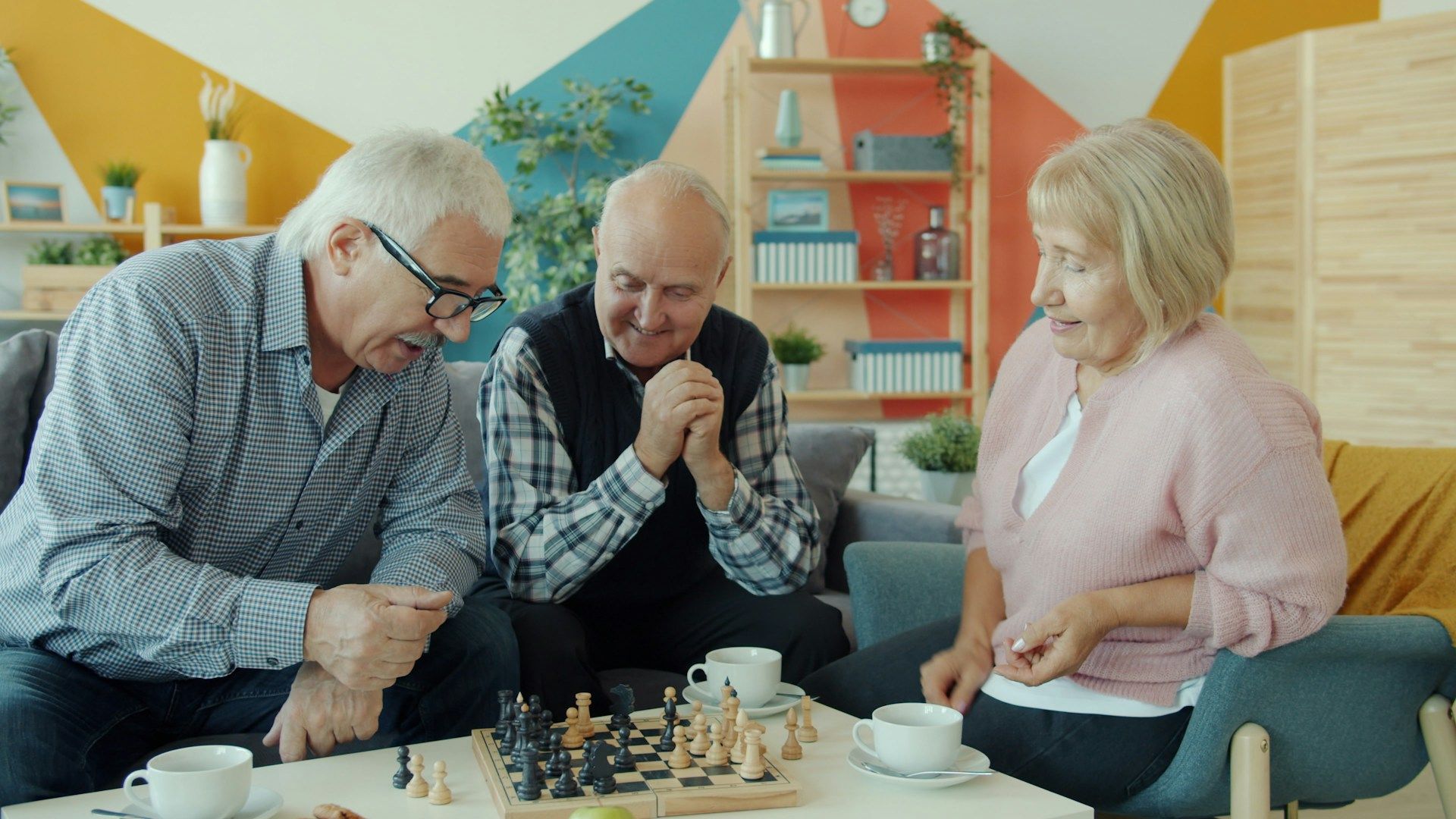Creating Daily Routines for Seniors in Adult Day Care
Daily routines play a key role in helping seniors feel more secure, confident, and comfortable. When seniors attend adult day care, having a predictable schedule can help them feel calmer and more engaged. Routines offer a sense of control and help reduce stress, especially for older adults managing memory challenges or physical limitations. Whether it's knowing when it's time for lunch or expecting their favorite music session after a nap, simple, repeated activities can turn a regular day into one that feels safe and familiar.
Besides promoting peace of mind, structured routines also support overall wellness. They help with sleep patterns, increase appetite, and boost social interaction. When seniors know what to expect throughout the day, they’re more likely to participate in group activities, take part in meals, and enjoy their time with others. A good routine also supports caregivers and staff in setting up a calm environment where everyone can thrive.
Understanding the Needs of Seniors
One of the first steps to creating a helpful daily routine in an adult day care setting is understanding what each senior wants and needs. Everyone is different. Some people are full of energy in the morning but might need to slow down after lunch. Others may enjoy quiet time first thing while they ease into the day. Paying attention to those patterns allows staff to build a schedule that fits them best.
Physical ability often shapes how and when activities take place. For example, someone with arthritis might prefer crafts in the middle of the day, when their joints are warmer and more flexible. Someone using a wheelchair might benefit from being near wider tables or having breaks scheduled throughout the day. These little adjustments help keep routines practical and welcoming.
Memory and cognition also play a big part. If a senior struggles with remembering steps, it’s helpful to keep the routine easy to follow and consistent. Group leaders can use cues like songs or signs to let everyone know what’s coming next. That steady flow gives each person a better chance to succeed and feel confident.
When building these personalized routines for seniors, here are some questions that help guide the process:
- What kind of activities does the person enjoy most?
- How much rest do they usually need during the day?
- Are mornings or afternoons their most active time?
- Do they eat at regular times or need food more often?
- What sensory experiences make them feel calm or alert (like music, fresh air, or certain textures)?
Putting routines together with the senior’s full picture in mind helps the person feel like they belong and are understood. It also prevents frustration from mismatched expectations or overstimulation. With thoughtful adjustments, routines become a part of what helps each person feel safe, supported, and at home.
Essential Components of a Daily Routine
A helpful daily routine isn’t just about keeping busy. It’s about building a day that feels good physically, mentally, and emotionally. At adult day care programs, this usually means a mix of meals, meaningful activities, social time, and rest. Each piece fits into a bigger picture of care.
1. Morning Activities
The start of the day sets the tone for everything that follows. Gentle stretching or light movement can help improve circulation after sitting or sleeping. After some movement, breakfast is a great time for seniors to refuel and catch up with others. That social moment over coffee or tea also signals that the day is starting. Medication reminders can be grouped into this time, helping those who take morning dosages stay on track.
2. Midday Activities
Once the day is flowing, this part of the routine can bring more energy. Seniors often enjoy creative projects, games, or light group conversations. This could be a memory-based card game, easy crafts, or music with singing. Shared meals during lunch help build friendships and give everyone something to look forward to. Group time also encourages a sense of community, especially for people who might be at risk for isolation at home.
3. Afternoon Activities
After lunch, many seniors enjoy a slower pace. A short rest, quiet reading, or group relaxation time can recharge the body and mind. Then, it's time to re-engage with lighter tasks. That might be working with puzzles, flower arranging, or listening to a visiting ukulele player. One senior loved joining the afternoon music circle because it reminded her of playing piano in her younger years. These activities don’t have to be complex to feel meaningful.
Planning around these natural rhythms helps the day flow better while keeping seniors comfortable and involved. The right balance of movement, conversation, reflection, and rest brings out the best in everyone. It also supports personal growth, even later in life.
Making Routines Flexible and Fun
Even with structure at the core, daily routines should allow room for flexibility and spontaneity. Seniors’ energy levels can change throughout the day, just like their mood or interest in an activity. Offering options and variety helps seniors feel more in control and keeps the days from feeling repetitive or dull. That balance of familiarity with new experiences can make adult day care something they look forward to.
Rotating activities and adding seasonal or cultural elements can refresh the schedule without causing confusion. For example, fall months on Oahu can bring themed craft projects like leaf collages, while spring might inspire flower-painting or lei-making workshops. Food-themed days, like Japanese bento lunches or local-style shave ice snacks after a hot walk, not only encourage participation but celebrate heritage too.
A flexible routine also respects how someone feels in the moment. If a person starts an activity but isn’t enjoying it, staff can guide them toward something more relaxing or better suited to their mood. Keeping the environment low-pressure helps everyone maintain a sense of ease.
Here are a few ways to weave flexibility into daily routines without removing structure:
- Offer two activity choices at some times of day so seniors can pick based on interest or energy
- Switch out music lists weekly to match preferences or cultural traditions
- Rotate art mediums like paints, watercolors, or clay every few sessions
- Introduce surprise guest visits like pet therapy or hula performances once a month
- Use themed weeks, such as planting week or memory lane week, to create fresh energy
Adding these small bits of variety keeps each week special while still keeping the rhythm of the day predictable and gentle.
Involving Family and Caregivers
Routines work best when everyone involved has a clear role and open lines of communication. In adult day care settings, families and caregivers outside of the center are part of the team. They know their loved one’s triggers, joys, and history better than anyone else. Staying connected with them helps staff build a complete picture and spot changes early.
Simple tools like written notes at pickup time or quick check-ins during drop-off go a long way. Sharing how the day went, what worked well, or what seemed off can guide caregivers in making the rest of the day smoother at home too. Consistency between home and care routines supports mental and emotional balance.
There are creative and meaningful ways that family can stay involved throughout the week:
- Share recent photos or music with staff to be used in memory-based activities
- Suggest an activity their loved one enjoyed before aging changed daily habits
- Join in during open-house or family participation days to build community
- Provide input during care planning to improve or fine-tune parts of the routine
- Offer items from home like knitting supplies, books, or puzzles their loved one treasures
Making space for these contributions helps seniors feel connected between their two worlds and gives families peace of mind.
Encouraging Independence and Respect
Even when routines are clearly laid out, they need to allow for freedom and choice. Seniors want the chance to make decisions, even small ones. Whether it’s deciding what to wear, what table to sit at, or whether to join the morning walk, having choice supports dignity. When routines don’t overpower that freedom, seniors feel more comfortable and respected.
Offering choices doesn’t mean losing structure. It can simply be small decisions built into the daily plan. Set times might stay the same, but the activity during that time could be picked by the group or individuals. Staff can also gently encourage seniors to try something new while always honoring the right to say no.
A daily routine that supports independence might include:
- A set time for self-care with help nearby, not hovering
- Free time slots with light supervision for personal hobbies
- Snack choices that reflect preferences or dietary needs
- Open seating at meals to allow for friend-making or quiet corners
When seniors can stay active in shaping their day, they tend to feel more involved, especially if they’re adjusting to changes in health or routine.
Ensuring Smooth Transitions and Consistency
Smooth transitions keep the day flowing without unnecessary stress. Moving from one activity to another, especially for those with memory difficulties, can feel overwhelming if it happens too fast or without warning. A calm wind-down period before a switch, along with consistent signals like familiar music or lights dimming, helps ease that process.
Maintaining a consistent schedule also makes transitions easier over time. When lunch is always at the same hour, or music group always follows afternoon rest, it builds internal rhythms even for those who can’t recall every part of the schedule. Predictability lowers confusion and helps everyone, including staff, respond calmly.
To help with transitions:
- Use music to signal activity changes, like upbeat tunes before movement or soft songs before rest
- Post a simple, picture-based schedule where it's easy to read or review aloud
- Maintain palettes of consistent colors or room setups so the environment feels familiar across activities
- Have staff model enthusiasm or calm, setting the tone for each change instead of rushing
These gentle, repetitive cues form anchors throughout the day that keep seniors steady and create a more peaceful environment.
The Heartbeat of a Well-Balanced Day
Daily routines aren’t just about keeping time. For seniors in adult day care on Oahu, they offer a sense of direction, soothe nervousness, and bring fun into everyday life. Knowing what’s next creates comfort, especially when paired with flexible choices, family involvement, and activities that feel personal.
When routines are made thoughtfully, they become more than a schedule. They turn into a meaningful rhythm that supports health, mood, and connection with others. Seniors are able to enjoy their days more fully, staff find it easier to provide support, and families can relax knowing their loved ones are in tune with a predictable, caring environment.
The best routines don’t require complicated plans. They just need a steady flow, respect for each person’s needs, and enough creativity to keep things fresh. That balance can lead to better days and smiling faces, one step at a time.
Creating a nurturing environment for seniors through thoughtful routines can make a big difference in their day-to-day lives. If you're interested in discovering how Hale Hau’oli Hawai’i can enhance comfort and joy for your loved ones, explore more about our engaging approach by learning about our
adult day care for seniors.

